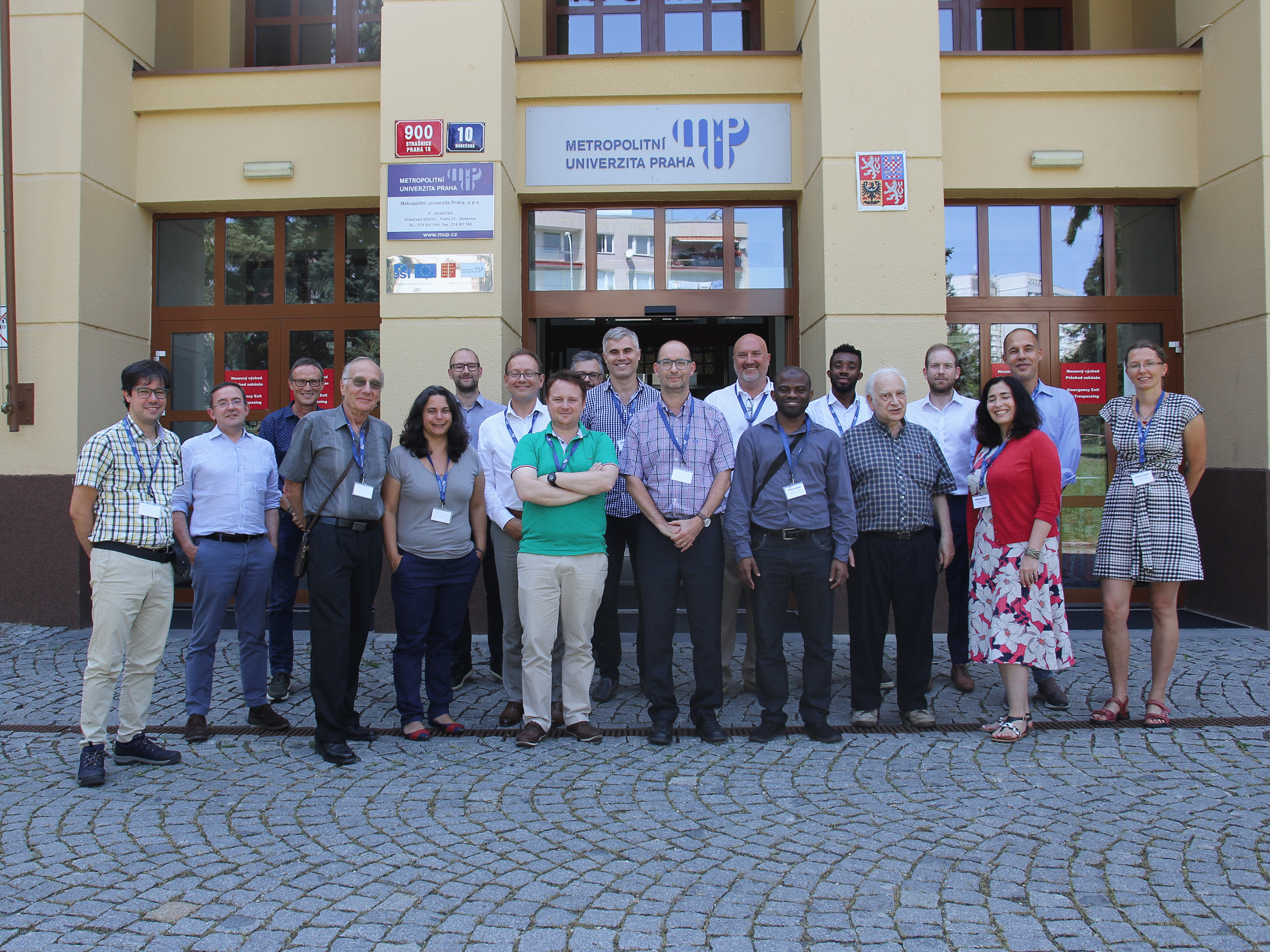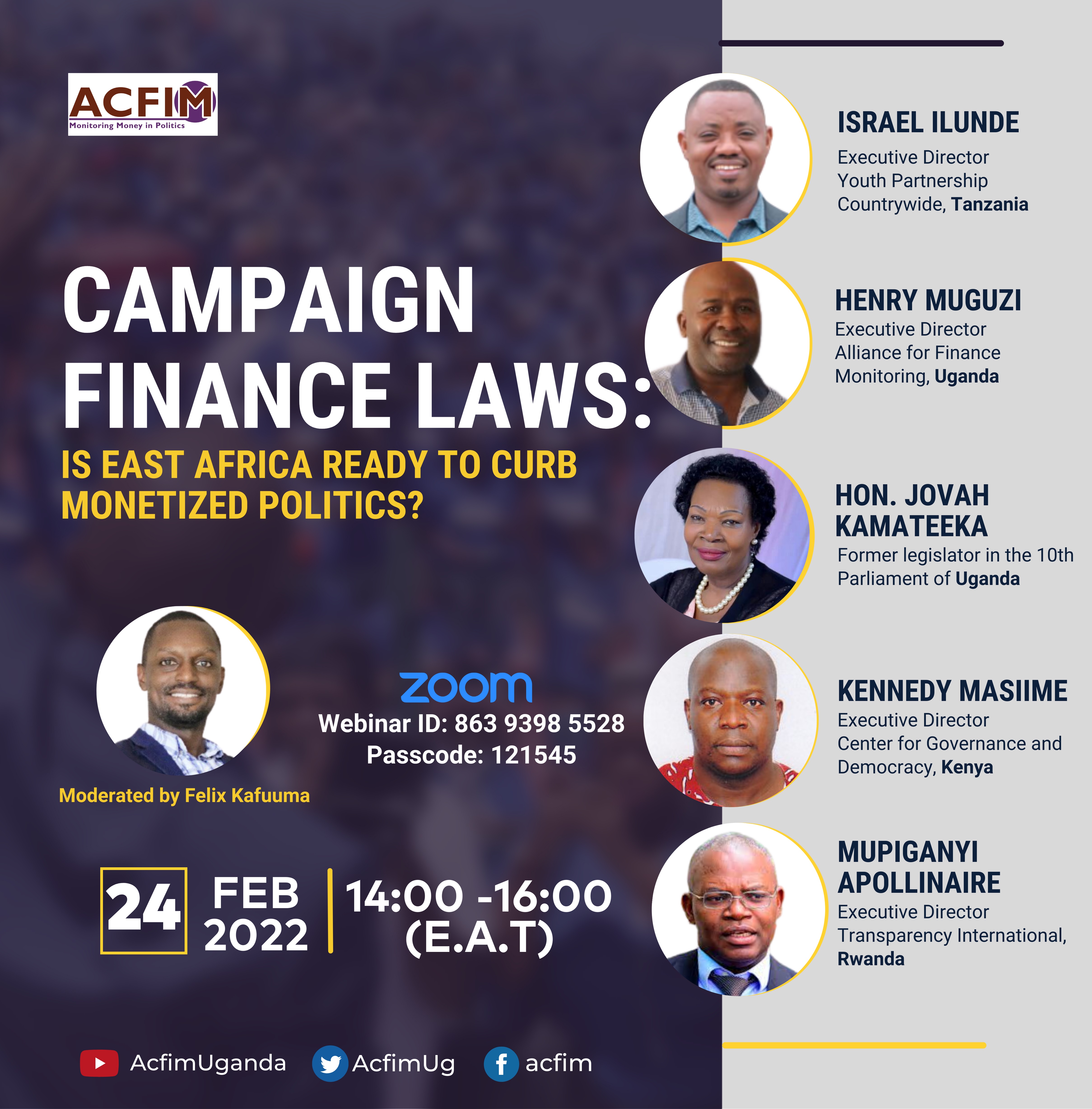Call for Papers
Workshop: ‘Rethinking Political Finance: Political, Philosophical and Economic Perspectives’
Monash University Prato Centre, Tuscany, Italy, 25-27 June 2025
Convenors
Associate Professor Matteo Bonotti (Monash University)
Professor Diana Dwyer (California State University, Chico)
Associate Professor Zim Nwokora (Deakin University)
Keynote Presenter
Professor Sarah Birch (King’s College London)
Workshop Overview
Democratic politics is expensive. In United States presidential elections, for instance, total spending, including funding by the candidate-supporting political action committees, now exceeds $6.5 billion. Who should bear these costs? Should the state fund political parties and their campaigns, or should most of the funding come from private citizens? Does money distort democracy and effective governance? What is the role of different philosophical, political and economic principles in guiding political finance reform? Where is political finance working, and where is it most broken? What themes and approaches characterize research on political finance in Politics, Philosophy, Economics, as well as in cognate disciplines (e.g., Law and Sociology)? What value is there in combining these disciplines to investigate political finance?
We welcome submissions that address these and similar questions, and which help to clarify what we learn about political finance when this topic is studied with approaches from different disciplines. The workshop should be seen as a response to the tendency of political finance scholarship to develop in a siloed way, with scholars from different disciplines examining this topic in separate research agendas, often without interacting or drawing on one another’s work.
Submission Guidelines
Please submit a title and an abstract of approximately 250 words by 8 December 2024. Selected participants will also be expected to pre-circulate a 3000-word paper by 1 June 2025. All the papers will be read in advance by the workshop participants to encourage a deeper discussion. The workshop papers may also be considered for inclusion in a special issue or edited collection following the workshop. Accepted contributions will be allocated a 1-hour slot, consisting of 25 minutes for presentation of the paper, 10 minutes for comments by a discussant, and 25 minutes for general discussion.
The workshop will be held in person at the Monash University Prato Centre in Prato, Tuscany although there may be some possibility for participation via Zoom. The selected participants will be responsible for their travel and accommodation arrangements and expenses. However, catering (breakfast, tea/coffee breaks, lunches and dinners) will be provided throughout the workshop. Furthermore, a small amount of funding is available to cover accommodation costs for participants who have no other sources of funding. When submitting your title and abstract, please indicate whether you would like to attend the workshop in person and, if so, whether you would like to be considered for this funding. When allocating this funding, priority will be given to early career researchers and researchers from the Global South.
Important Dates
- Abstract submission deadline: 8 December 2024
- Notification of acceptance: mid-January 2025
- 3000-word paper submission deadline: 1 June 2025
Contact
For all correspondence, including abstract submissions and additional inquiries, please direct your communication to the workshop convenors Matteo Bonotti (matteo.bonotti@monash.edu), Diana Dwyre (DDwyre@csuchico.edu) and Zim Nwokora (z.nwokora@deakin.edu.au).


